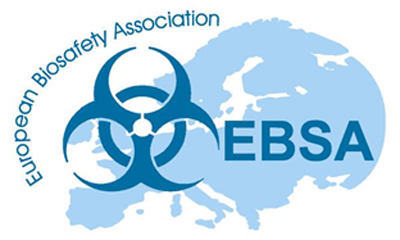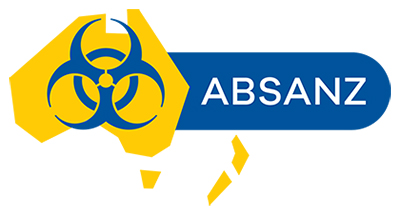This month’s round-up of the pharma and biotech industry news covers new machinery, government supported programmes and new drug news.
Stay up to date with what is going on in the wider world, with our collection of articles and summaries.
Vertex Pharmaceuticals Announces Reimbursement Agreement for CRISPR Therapy
Vertex Pharmaceuticals has announced a reimbursement agreement with NHS England for eligible transfusion-dependent beta thalassaemia (TDT) patients to access the CRISPR/Cas9 gene-edited therapy, CASGEVY (exagamglogene autotemcel). The agreement follows positive guidance from the National Institute for Health and Care Excellence (NICE) and marks a historic moment for TDT patients.
“Securing access to CASGEVY is a historic moment for people living with transfusion-dependent beta thalassaemia who, for too long, have had limited options for this life-shortening disease,” said Ludovic Fenaux, Senior Vice President, Vertex International.
Vertex is collaborating with experienced hospitals throughout England to establish a network of authorised treatment centres (ATCs) for the administration of the therapy, which requires expertise in stem cell transplantation and haemoglobinopathies.
Vertex is also working with NICE and NHS England to ensure access for sickle cell disease (SCD) patients and with reimbursement authorities in the EU, U.S., Saudi Arabia, and Bahrain to bring this innovative therapy to eligible patients.
FDA Rejects Regeneron Blood Cancer Bispecific Antibody
The U.S. FDA has issued a complete response letter for Regeneron’s BLA for Linvoseltamab in relapsed/refractory multiple myeloma, citing inspection issues at a third-party facility. The delay was anticipated by Regeneron, which had been informed of unresolved findings from a pre-approval inspection.
Regeneron stated that the third-party fill-finish manufacturer believes the findings have been resolved and is awaiting reinspection by the FDA. Linvoseltamab, an investigational bispecific antibody, targets the second most common blood cancer and is designed to facilitate T-cell activation and cancer-cell killing.
The FDA’s rejection follows a frustrating trend of rejections based on issues at third-party manufacturing facilities. Last year, Regeneron faced a similar issue with its drug Eylea, and other companies like AbbVie, Daiichi Sankyo, and Merck & Co. have also experienced delays due to third-party inspection findings.
Regulatory review of Linvoseltamab remains ongoing by the EMA for the same indication.



